Ramadan Mubarak In Pakistan 2024: When And How To Celebrate Ramadan Kareem & Ramadan Mubarak
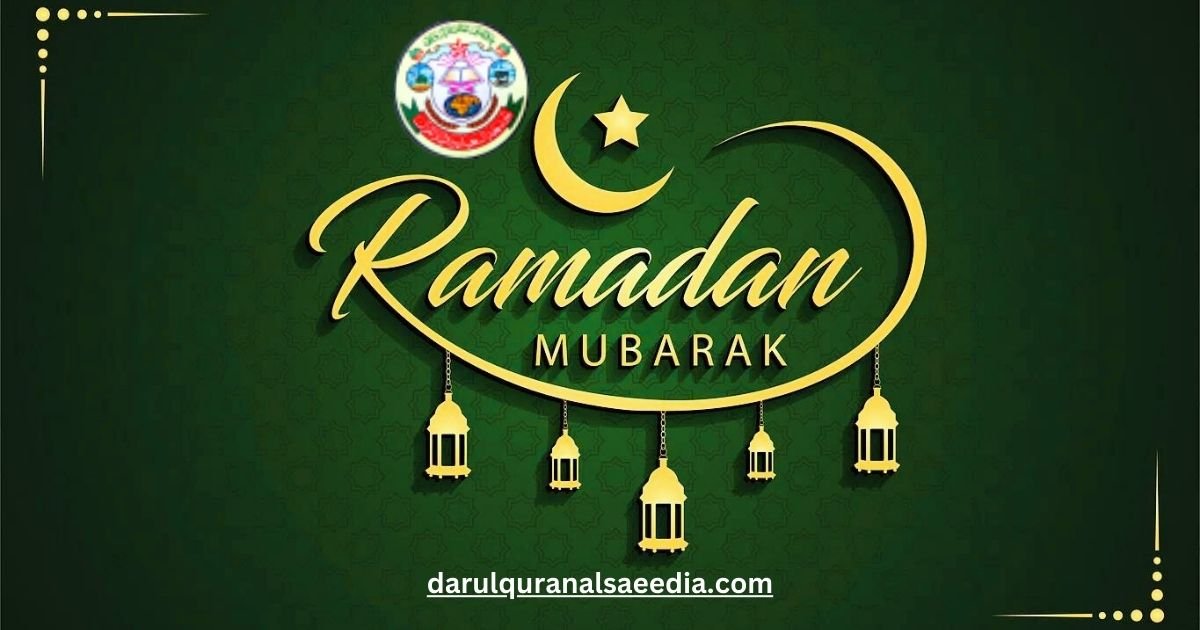
Introduction
Ramadan Mubarak is a commonly used phrase by Muslims during the holy month of Ramadan. The Arabic word “Ramadan” refers to the ninth month in the Islamic lunar calendar, while “Mubarak” translates to “blessed” in English. Together, the phrase Ramadan Mubarak means “Blessed Ramadan,” often used to wish others a happy and productive holy month.
In this article, we will explore the significance, traditions, and practices surrounding Ramadan and the use of this phrase, including:
- Meaning and Origins of Ramadan
- Significance of fasting and spirituality in Ramadan
- Common greetings, wishes, and prayers said during Ramadan
- Traditions and customs practiced by Muslims
- Nightly rituals and worship during the month
- Eid celebrations marking the end of Ramadan
- Sociocultural importance across Muslim communities globally
The Meaning and Origins of Ramadan
In Islam, Ramadan represents the month when the early revelations of the Holy Quran commenced being shared with the Prophet Muhammad (PBUH). Fasting for the entire lunar month annually marks the Fourth Pillar of Islam where Muslims pay tribute to the origins of their faith while renewing spiritual commitments.
The fasting during Ramadan is called Sawm, which translates simply to “to refrain,” referring to abstinence from not only food and drinks from dawn to dusk but also increased worship activities like prayer, charity, and reading the Quran. Ramadan Mubarak Through undergoing self-restraint and sacrifice as acts of submission and servitude to Allah, the core tenets of Islamic beliefs get reinforced individually and collectively across Muslim societies globally when Ramadan arrives.
Read More: Ramadan Kareem
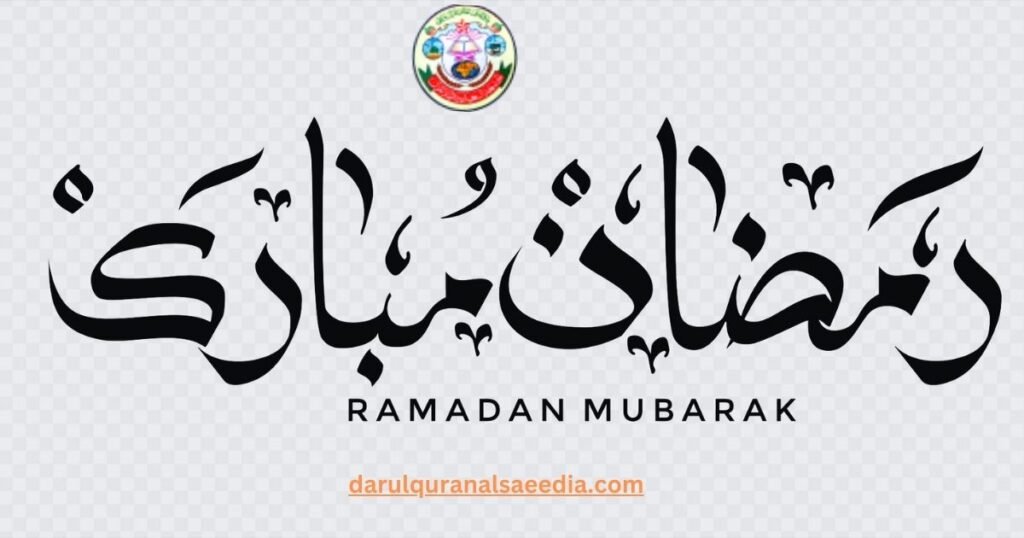
Greetings, Wishes, and Prayers for Ramadan
The phrase “Ramadan Mubarak” holds deep cultural importance as both a greeting as well an expression wishing blessings from Allah upon families and communities partaking in the holy month through the following sayings:
“Ramadan Kareem” – Translating to “Generous Ramadan,” wishing that God’s infinite generosity manifests in spiritual and physical progression.
“Ramadan Shīrē Mubārak” – In various South Asian languages translates similarly to “May Ramadan’s sherī blessings be with you,” referring to the first sweet drink opening fasts.
“Taqabbal Allāhu Minna Wa Minkum” – Translates to “May God accept it from you and us,” requesting acceptance of fasts and worship.
These greetings are used within ritual prayers called salawat recited individually or before Iftars (fast-breaking communal meals) hoping Ramadan brings joy and divine rewards for all believers striving over the month-long challenges.
Traditions and Customs
Several unique rituals and customs spanning various Islamic cultures characterize the practices taken up by Muslim families and societies during Ramadan:
Iftar Traditions
Most Islamic cultures hold lavish fast-breaking meals called Iftars often hosting gatherings with extended family and community members using traditional delicacies to uplift one another over the month.
Night Prayers
Muslims dedicate significant portions of evenings during Ramadan for salah prayers including the special Taraweeh, practiced communally or privately until midnight or pre-dawn hours.
Quran Recitations
Congregations packing mosques participate in entire Quran recitations section by section using the Taraweeh prayers seeking completion as a major accomplishment before Eid.
Charity Donations
Zakat and Sadaqa spike significantly in Ramadan Mubarak as the deprived get catered to abundantly by the privileged seeking spiritual rewards. Distribution of dates, grains, clothes, etc near mosques is commonplace.
Decor and Themed Media
From street signs to TV gameshows, vibrant Ramadan symbolism floods both the public and private spheres through this shared understanding of the holy month of mindfulness.
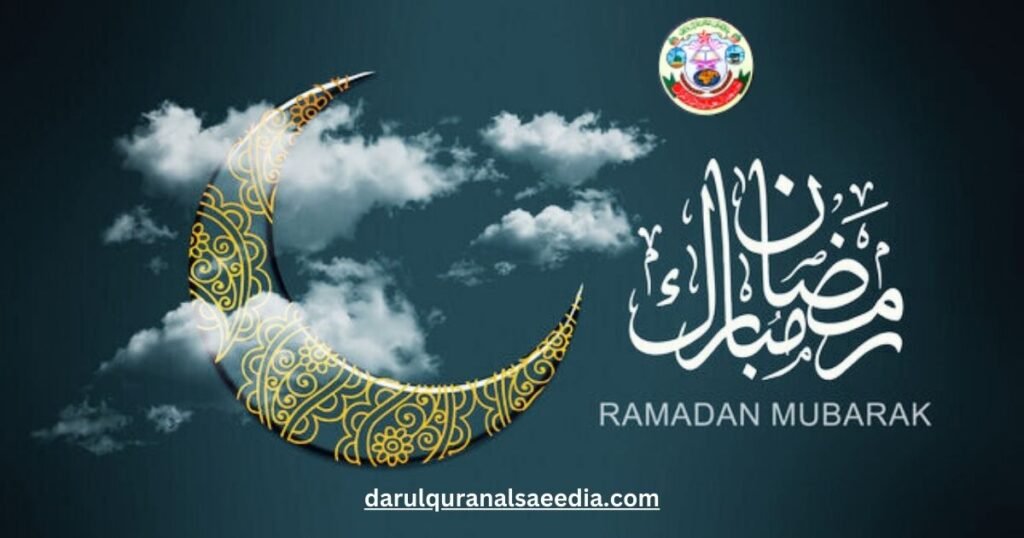
The Last Ten Nights of Ramadan
Called the Nights of Power or Laylat-ul-Qadr, the final 10 days of spiritual immersion build anticipation towards Eid. Night 27 dubbed Shab-e-Qadar (Night of Value) marks when Quran’s first verses descended.
Eid al-Fitr Celebrations
Eid al-Fitr commences the morning of Ramadan fasting ends being the first day of the month Shawwal. Grand meals, vibrant clothes, family reunions, carnivals, and gifts define the festivities of this kaleidoscope culture celebration marking renewed Muslim unity worldwide.
Sociocultural Significance
At societal levels, the phrase Ramadan Kareem enters daily greetings vocabulary even in secular exchanges as entire public cultures transform accommodating religious observance including work schedules, TV programming curation, and regulations easing community iftars/charities. Ramadan Mubarak This mainstream participation makes the holy month ubiquitously ‘blessed’ for Muslim-majority nations.
Modern Challenges to Ramadan Mubarak Spirit
While Ramadan rituals retain timeless significance binding Muslim communities worldwide spiritually, pressing issues in contemporary societies pose challenges to the true essence of these observances:
- Consumerist Eid Culture Diluting Spiritual Gains Pressures for lavish gift-giving and decorative purchases during Ramadan Mubarak distract from core goals of austerity, sacrifice, and detachment from material temptations ironically being curbed through fasting.
- Youth Disconnecting from Religious Significance Generational gaps manifest in youth understanding ceremonial aspects more as cultural identity markers than spiritual journeys meant for enriching faith’s purpose and practice in daily conduct extending beyond Ramadan month briefly.
- Socioeconomic Pressures Complicating Fasting For those working laborious jobs or ailing through chronic diseases, few concessions apply shying many faithful from fully experiencing Ramadan Mubarak blessings despite eagerness.
- Militarized Environments and Sectarian Violence From war-torn nations to marginalized communities, violence and unrest risk making Ramadan dangerous rather than peaceful forcing suspension of cherished aspects like community Iftars or Taraweeh prayers offered in mosques.
- Commercial Exploitation of Ramadan Audiences Media excess focusing heavily on profit-driven coverage often peripherally relevant to the Ramadan spirit ranging from cooking to game shows fuels crass consumerism detached from soul searching.
- Pandemic Triggered Community Activity Curtailment Global health crises like Covid-19 necessitating containment rules severely constrained gathering centric rituals mourned deeply for two consecutive years. Cancellation of iconic rituals risks erasing cultural familiarity long term.
Safeguarding and Reinvigorating Ramadan Future
Using both policy reforms and grassroots education several interventions show promise for overcoming barriers modernity introduces as obstacles preventing experiencing Ramadan’s blessings fully:
- Policy Level Religious Exemptions: Government-mandated flexibility allowing people ease in work timings and medical allowances during fasting without fearing consequences.
- Community Driven Iftar Support: Ensuring marginalized groups also access warm iftar meals through donation drives organized responsibly considering diversity and inclusion so none deprived.
- Interfaith Iftar Exchange Events: Hosting social gatherings promoting inter-community harmony aligned to forgiveness and temperance virtues awakened in Ramadan.
- Digital Islamic Learning Initiatives: Utilizing modern edutainment mediums through authentic scholarship lens reinforcing generational connections to Ramadan essence above superficial aspects.
- Islamic PAX Advocacy: Campaigns demanding military ceasefires or safe passage guarantees during Ramadan allowing humanitarian access and helping affected civilians restore rituals.
Conclusion
In essence “Ramadan Mubarak” encapsulates the ethos of Ramadan as communal blessings sought by Muslims globally honoring the legacy of faith and sacrifice leaving no soul untouched through merrymaking or introspection. Ramadan Mubarak The overwhelming invocations of divine generosity, acceptance, and joy characterizing Ramadan Mubarak wishes signify both the individual and collective hopes of attaining spiritual nourishment and virtuous transformation annually through partaking in this foundational ritual of Islamic practice connecting all sects and cultures for generations past and future.
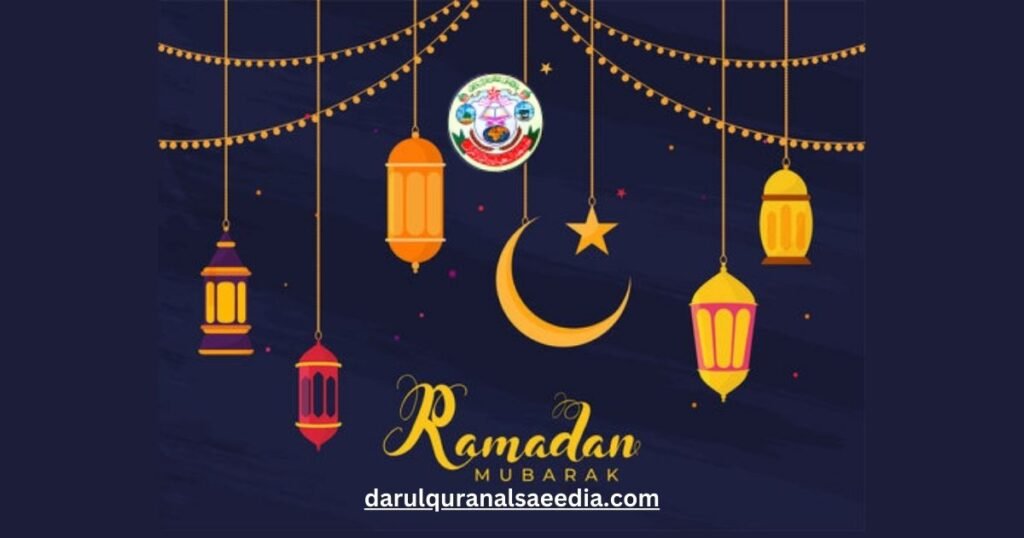
FAQs
What does the term “Ramadan Mubarak” mean?
Ramadan Mubarak translates to “Blessed Ramadan” – it is a term used by Muslims to wish each other a happy, beneficial, and spiritually rewarding holy month of Ramadan.
Why do Muslims fast during Ramadan?
Fasting during Ramadan is one of the Five Pillars of Islam. By abstaining from food, drink, and other temptations from dawn to dusk, Muslims aim to achieve spiritual purification, devotion, and closeness to God through self-sacrifice and self-discipline.
How do Muslims greet each other during Ramadan?
Common Ramadan greetings are “Ramadan Mubarak”, “Ramadan Kareem” wishing generosity, and “Taqabbal Allahu Minna wa Minkum” praying God accepts good deeds by all believers. Giving charity, inviting others for evening Iftars, and exchanging gifts are also traditions.
What is Laylat-ul-Qadr and why is it important in Ramadan?
Laylat-ul-Qadr or the Night of Power marks when the first verses of the Quran were revealed. Ramadan Mubarak It falls on one of the last 10 nights of Ramadan. Staying up the whole night in worship and prayer during the Night of Power is considered immensely rewarding and spiritually uplifting.
What do Muslims do to conclude fasting at the end of each day?
Muslims conclude their daily Ramadan fast by eating a meal called Iftar just after sunset. Iftar is often an elaborate communal affair bringing Muslim families, friends, and neighbors together around the table to refresh and ready for night-long Ramadan Mubarak rituals ahead.
How do Muslims mark the end of Ramadan month?
The end of the Ramadan fast is celebrated with a 3-day festival called Eid-al-Fitr marked by grand meals, vibrant clothes, gifts, carnivals, and family reunions. Congregational prayers, charity donations, and wishing each other “Eid Mubarak” form other core traditions of this joyous occasion.


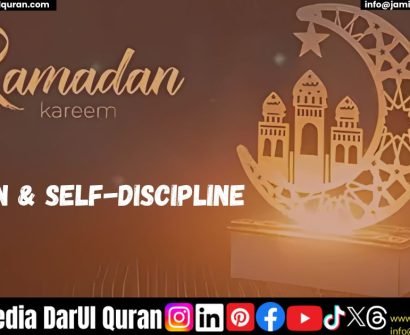
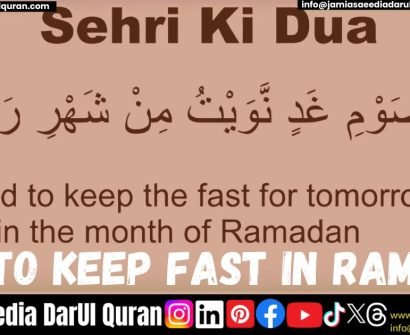
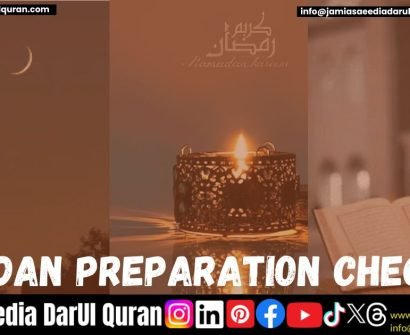
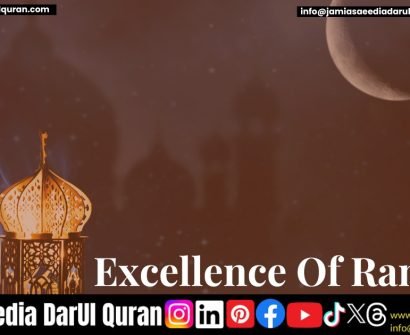
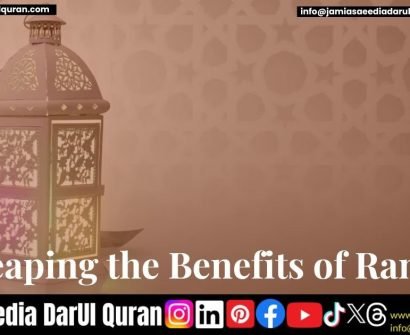
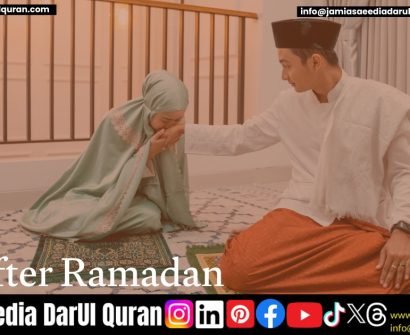
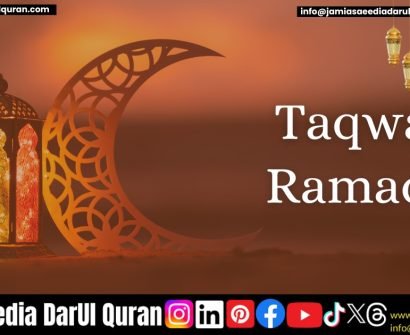
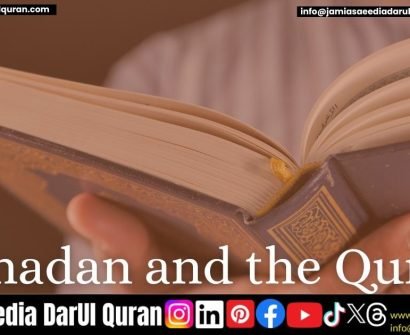
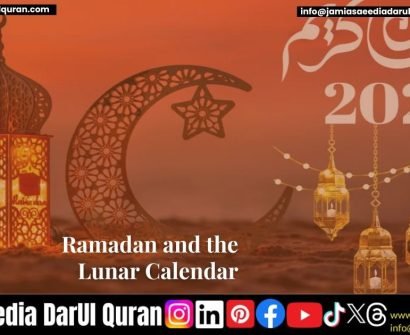
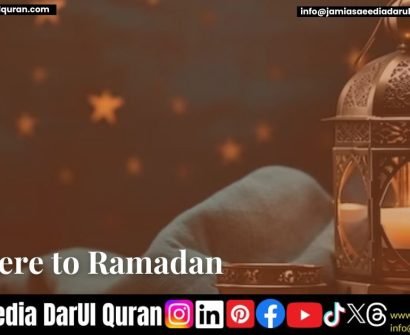
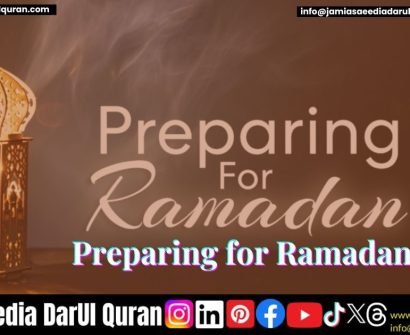
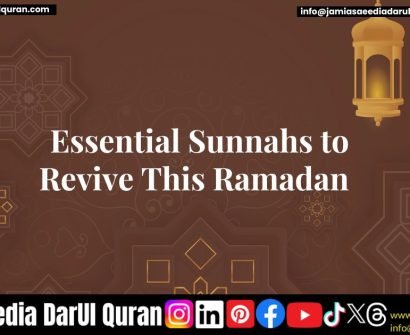
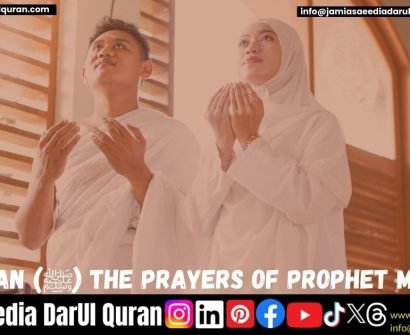
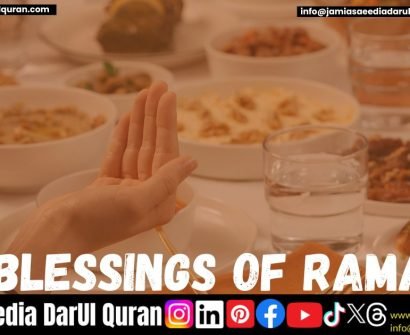
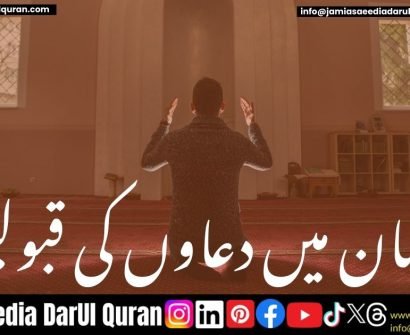
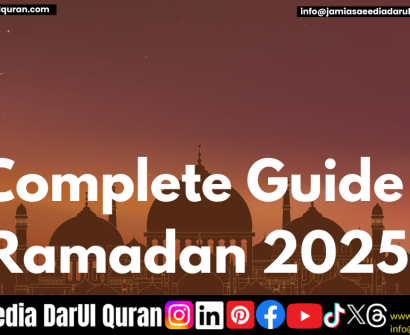
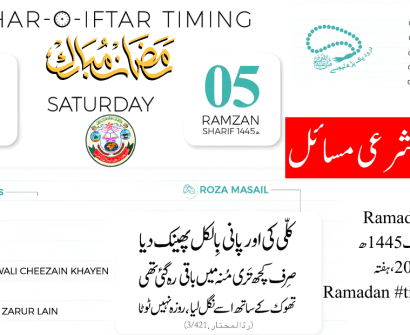
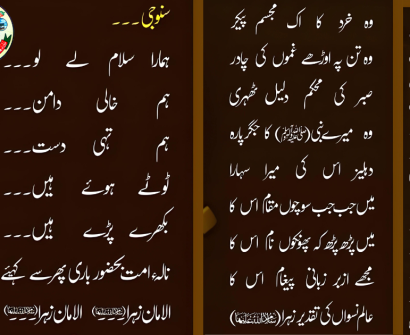
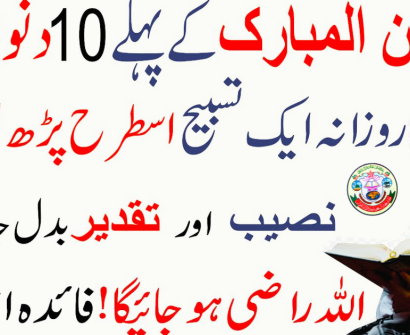
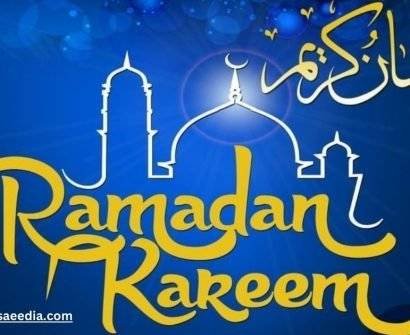


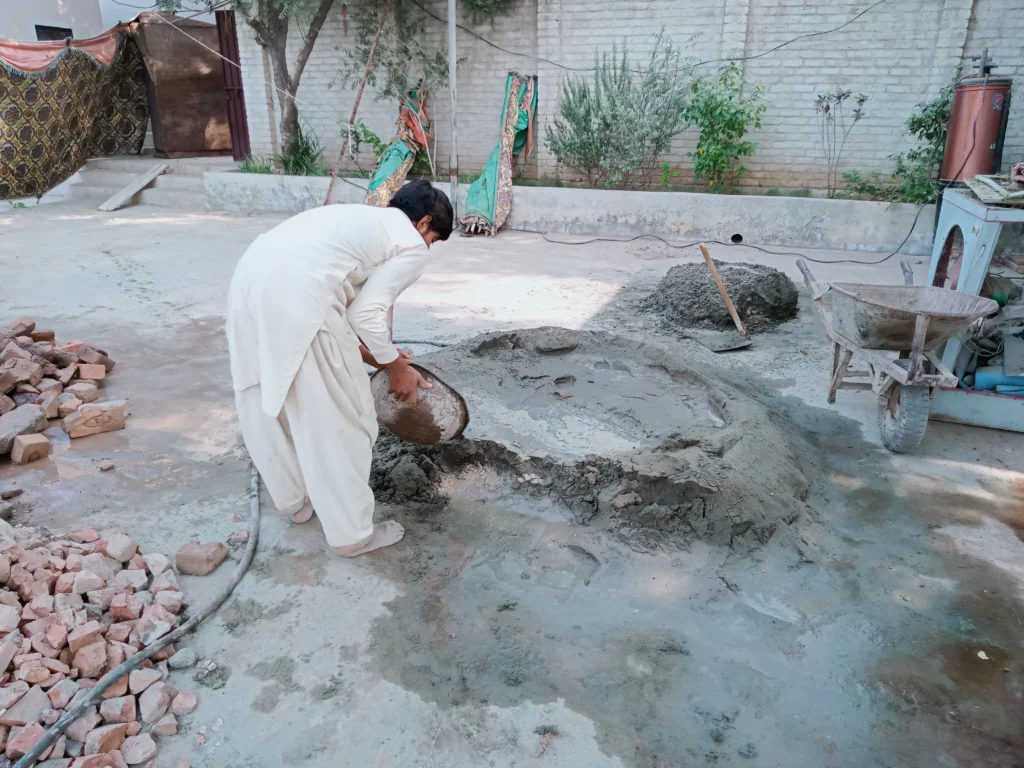
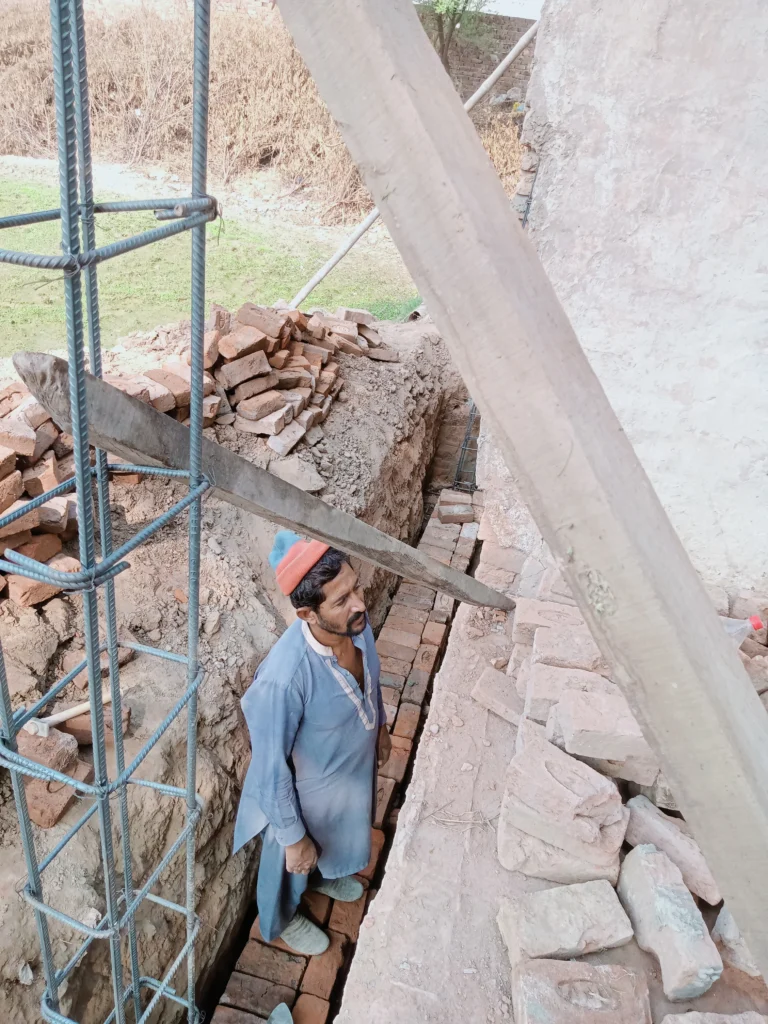
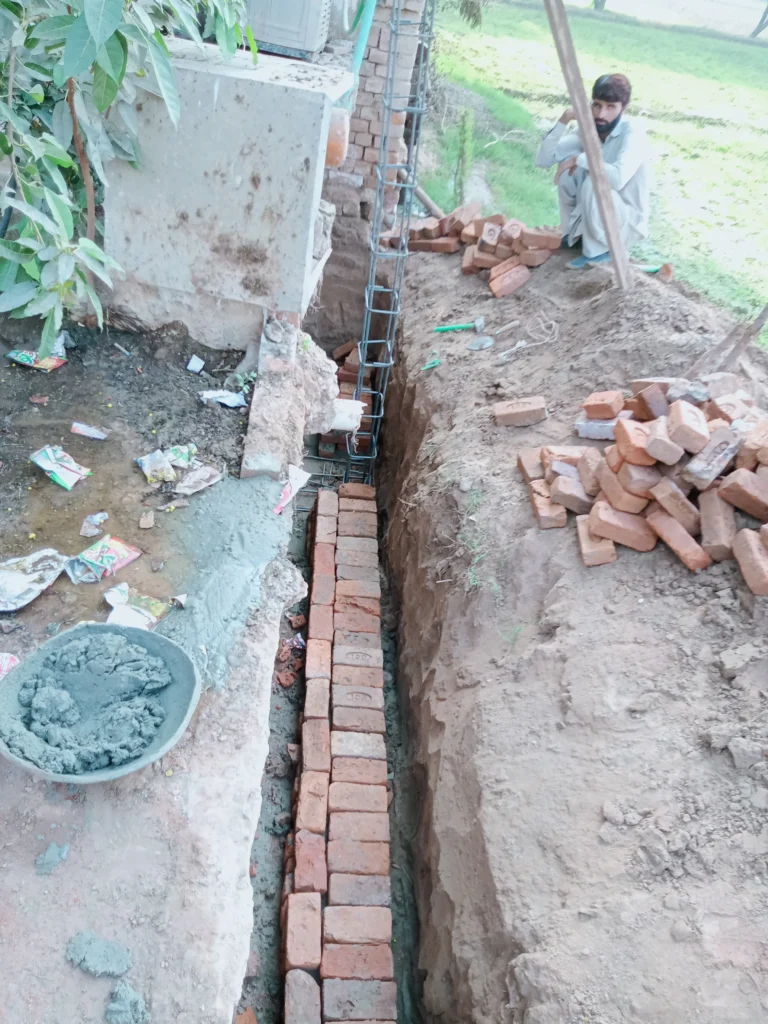

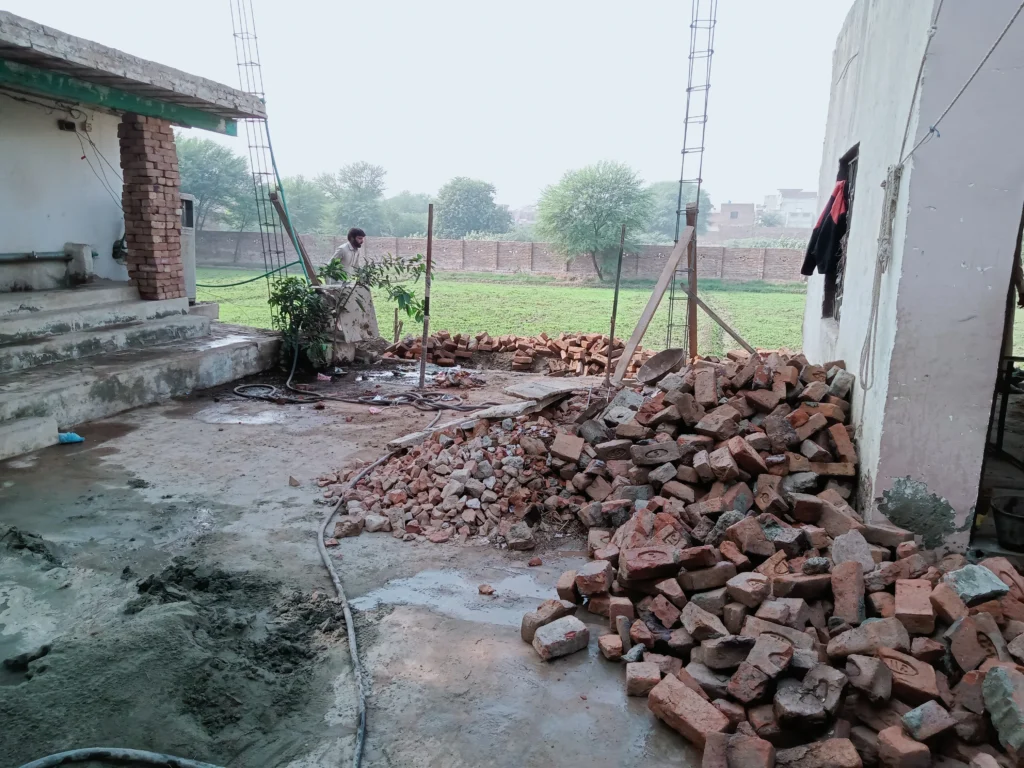

Ramadan has Come Best Islamic Culture Sayings and Teachings of Prophet Muhammad (صلى الله عليه و سلم) 2024
[…] Read More: Ramadan Mubarak […]